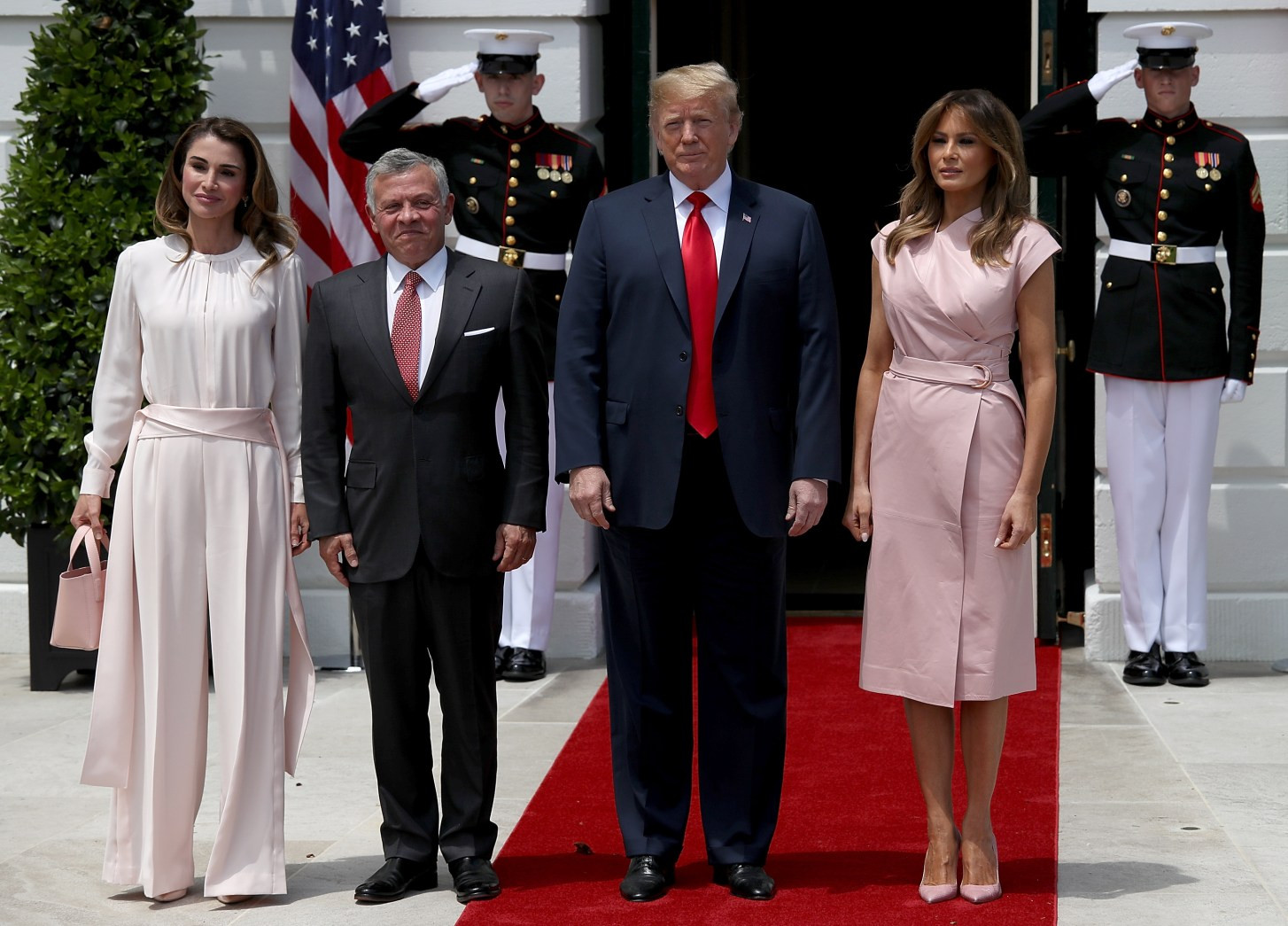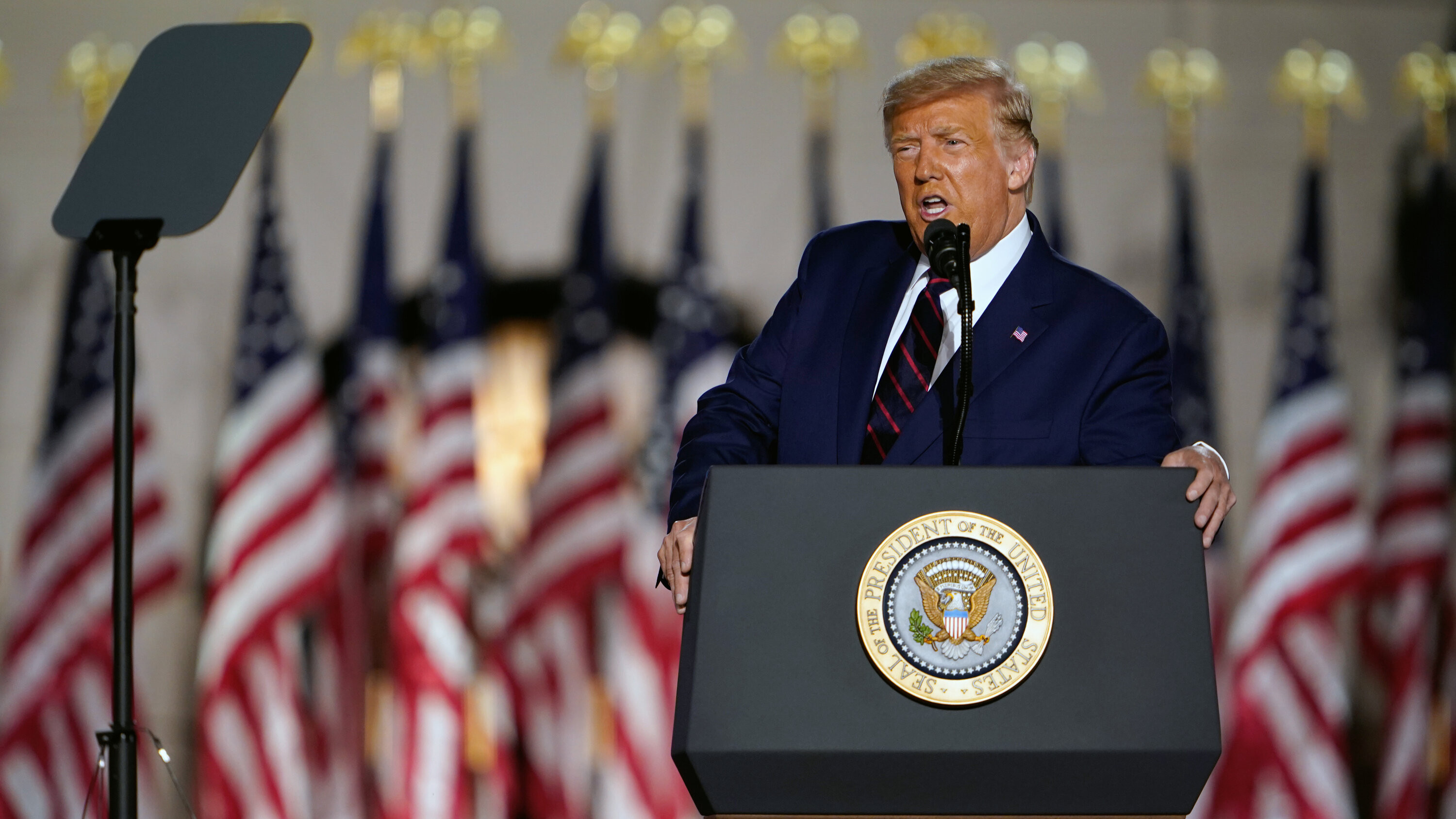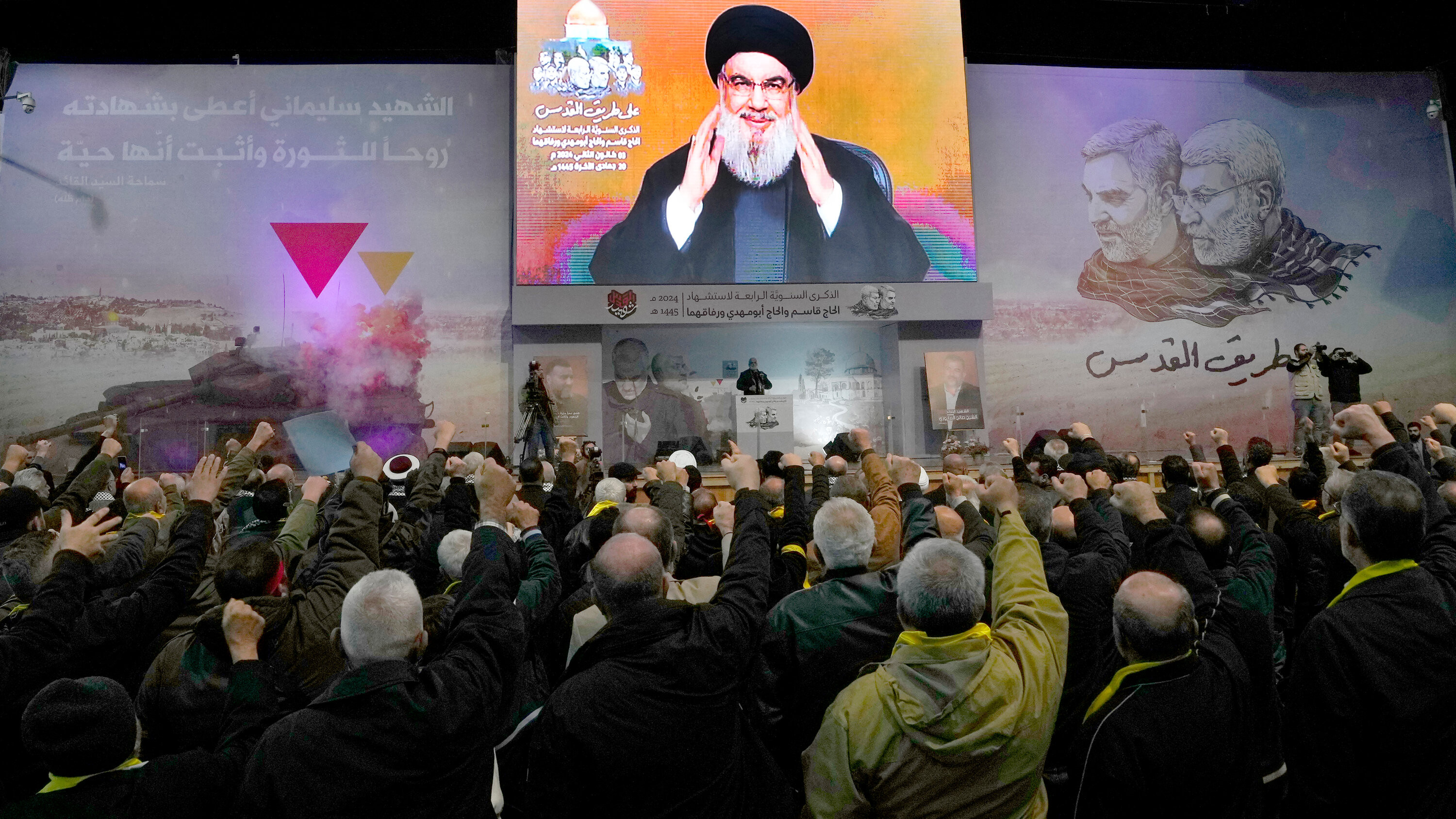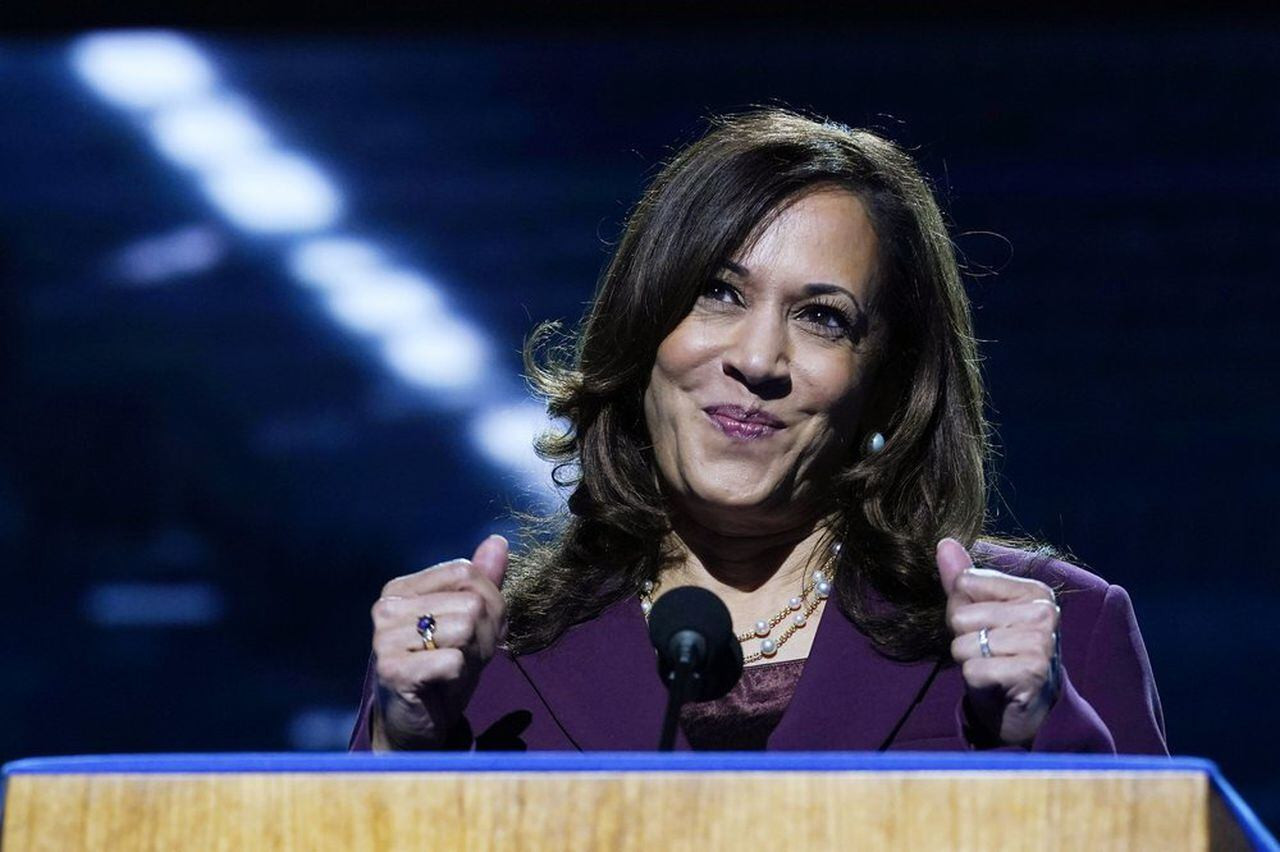Trump's Controversial Gaza Plan: King Abdullah II Rejects Mass Displacement, While Trump Doubles Down
President Donald Trump's audacious proposal to take control of the Gaza Strip, relocate its residents to other Arab nations, and redevelop the territory has sparked a firestorm of controversy. The plan, unveiled during a joint press conference with Israeli Prime Minister Benjamin Netanyahu, has drawn sharp condemnation from Palestinian officials, Arab states, and international organizations alike. The United Nations, for example, has warned that such a move would violate international law and could constitute ethnic cleansing.
International Backlash and Jordan's Response
The proposal has been met with swift and widespread resistance, particularly from Jordan. King Abdullah II, a key U.S. ally in the Middle East, has vehemently rejected the plan, stating that Jordan would not accept the mass displacement of Palestinians from Gaza. In a statement released following a meeting with President Trump at the White House, King Abdullah II reiterated Jordan's steadfast opposition, emphasizing that rebuilding Gaza without displacing its population should be the priority.
This rejection isn't surprising. Jordan already hosts millions of Palestinian refugees, and the country has historically resisted accommodating more Palestinians due to the potential impact on the two-state solution and the right of return for Palestinian refugees.
Former Jordanian Foreign Minister Marwan Muasher, now vice president for studies at the Carnegie Endowment for International Peace, commented on the significance of Jordan's position, stating that the proposed plan represents an existential issue for Jordan, not easily swayed by economic pressure from the United States.
Even Saudi Arabia, a key player in regional dynamics, has voiced opposition to the plan, warning that the displacement of Palestinians would hinder any prospects of normalizing relations with Israel. This Saudi opposition puts a significant constraint on the likelihood of the plan's success, indicating the broader Arab consensus against such a drastic measure.
Trump's Insistence and the Humanitarian Crisis
Despite the international outcry, President Trump remains steadfast in his commitment to his plan. He insists that his vision will lead to a more prosperous and secure Gaza, characterizing the relocation of millions of Palestinians as a manageable undertaking. He further dismisses concerns about international law and the potential for ethnic cleansing, downplaying the scale of the displacement and suggesting that the relocated Palestinians would be better off.
The devastation in Gaza is undeniable. The recent conflict between Israel and Hamas left a trail of destruction, claiming the lives of thousands of Palestinians and leaving much of the territory in ruins. The conflict, which began with a Hamas-led attack on Israel in October 2023, has exposed the extreme vulnerability of Gaza's population, and the humanitarian crisis in the region is severe. According to Gazan health authorities, over 47,000 Palestinians were killed in the conflict, and a U.N. assessment revealed that nearly 70% of the territory's buildings were damaged or destroyed. This makes the displacement of such a large population even more concerning.
The Role of U.S. Aid and Potential Escalation
President Trump's plan also raises significant questions about the role of U.S. aid in the region. He initially suggested that he might withhold aid from Jordan and Egypt if they refused to cooperate with his Gaza plan. However, during the meeting with King Abdullah II, he walked back this threat, asserting that the United States does not need to resort to such measures.
The ongoing tensions between Israel and Hamas further complicate the situation. Israeli Prime Minister Benjamin Netanyahu has welcomed Trump's plan, expressing optimism about its potential to reshape the future of Gaza. However, Hamas has accused Israel of violating the ceasefire by delaying aid deliveries and the return of residents to their homes, raising concerns about a potential resumption of hostilities.
Trump's Vision for a 'Riviera of the Middle East'
Trump's vision for Gaza envisions a transformed territory, reminiscent of a luxurious coastal resort. This 'Riviera of the Middle East' would entail extensive redevelopment, promising jobs and economic opportunities. The plausibility of such a transformation, however, given the profound political and humanitarian complexities, remains highly questionable.
The proposal also raises concerns about the authority under which the United States would assume control of Gaza, a matter that Trump has not fully clarified. His repeated assertions that the United States would “take” and “own” Gaza, without detailed explanations of the legal and logistical implications, suggest a profound lack of clarity regarding the feasibility and legitimacy of his proposal.
A Proposal Facing Immense Hurdles
Trump's Gaza plan is undeniably a bold, transformative, and controversial proposal. But the unified resistance from key regional players, combined with the profound humanitarian challenges and the profound legal and logistical obstacles, indicates it faces immense hurdles to its implementation. The plan’s future hinges largely on the willingness of Arab nations to accept large numbers of displaced Palestinians, and given the current climate of unified Arab opposition, such a scenario appears highly unlikely. The long-term consequences of Trump's plan, whether implemented or not, will continue to shape the volatile political landscape of the Middle East for years to come.
The international community, particularly the United Nations and its agencies, will continue to play a vital role in providing humanitarian assistance to those affected by the conflict and advocating for the rights and protection of Palestinian civilians. The emphasis must remain on finding peaceful and sustainable solutions that uphold international law and respect the rights and well-being of all involved.

















